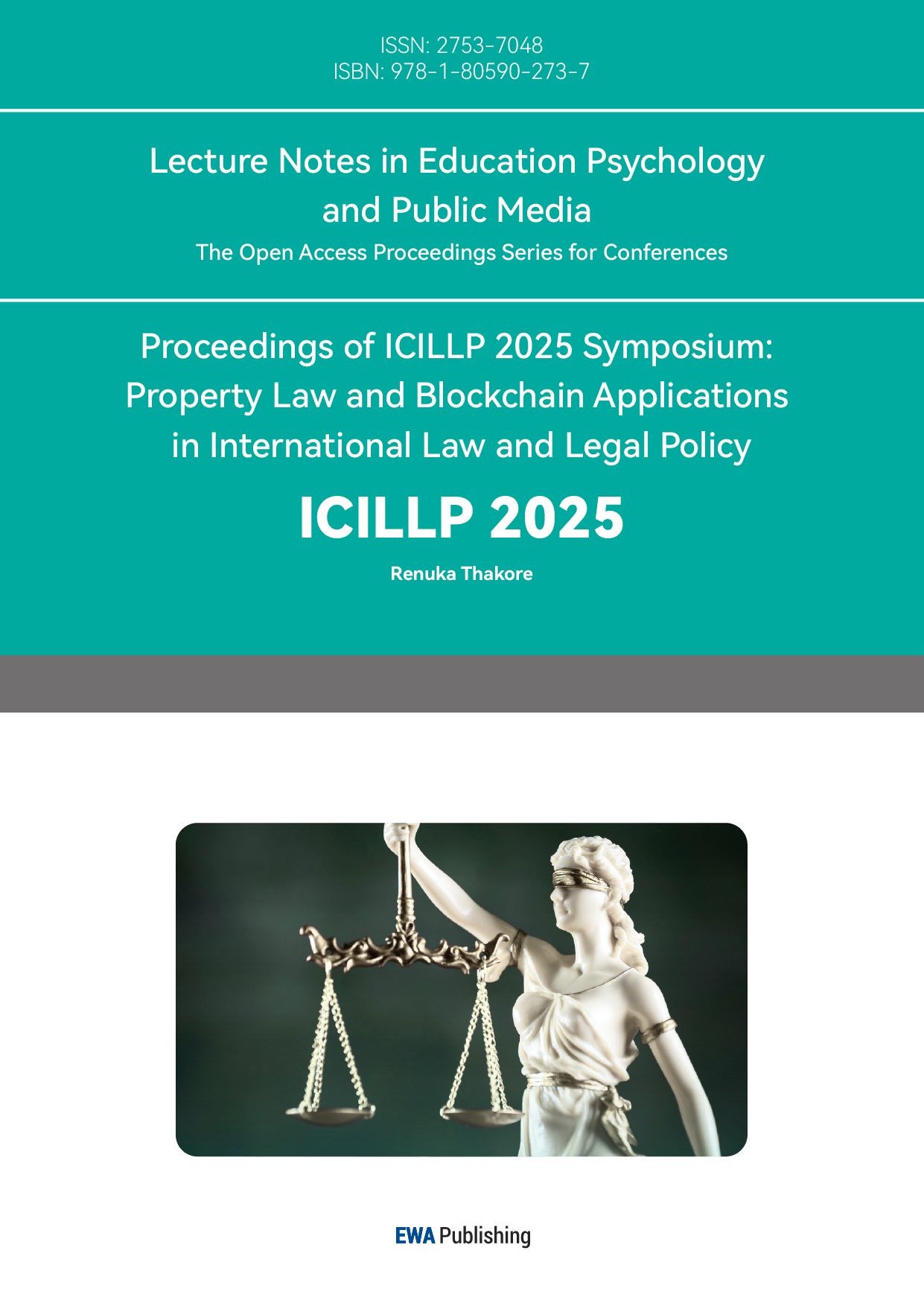References
[1]. Gereffi, G., Humphrey, J., & Sturgeon, T. (2005). The governance of global value chains. Review of International Political Economy, 12(1), 78104.
[2]. International Labour Organization. (2021). Labour inspection in ASEAN: Capacity challenges. ILO.
[3]. Clean Clothes Campaign. (2023). Stitched with lies: Auditing fraud in the garment industry.
[4]. ILO. (2023). Pakistan's occupational safety crisis: Compliance monitoring analysis 20182023 (Report No. ILO-PAK/2023/OSH-01).
[5]. De Sousa Santos, B. (2002). Toward a new legal common sense: Law, globalization, and emancipation (2nd ed.). Butterworths.
[6]. International Human Rights Commission. (2023). Passport confiscation in the Gulf: A survey of migrant workers. IHRC Press.
[7]. U.S. Department of Labor. (2023). Agriculture under the Fair Labor Standards Act (Fact Sheet #12).
[8]. Farmworker Justice. (2022). Excluded and at risk: Workers' compensation for farmworkers.
[9]. UNHCR. (2023). Thailand: Access to work for refugees.
[10]. Gereffi, G., & Lee, J. (2016). Economic and social upgrading in global value chains. International Labour Review, 155(1), 112.
[11]. ILO. (2020). Wage policy in Cambodia's garment sector: A delayed adjustment. ILO Country Office.
[12]. Human Rights Watch. (2022). "They don't like workers": Union suppression in Cambodia's export zones.
[13]. Transparency International Bangladesh. (2021). Allocation of labour inspection resources: A disparity study.
[14]. Accord on Fire and Building Safety in Bangladesh. (2023). 10-year impact assessment report(pp. 812).
[15]. Transparency International Bangladesh. (2022). Governance challenges in the RMG sector (pp. 2325).
[16]. Cutler, A. C. (2003). Private Power and Global Authority: Transnational Merchant Law in the Global Political Economy. Cambridge University Press.
[17]. European Parliament. (2024). Corporate Sustainability Due Diligence Directive (CSDDD): Final adopted text. PE-CONS 31/24.
[18]. Fraser, N. (2008). Scales of justice: Reimagining political space in a globalizing world. Columbia UP.
[19]. Sankaran, K. (2024). Colonial redress or colonial reinvestment? Journal of Human Rights Practice, 16(2), 812.
[20]. National Labor Relations Board. (2023). Joint employer standard (88 FR 73946), Sec. III.B.
[21]. H&M Group. (2024). Annual sustainability report 2023(pp. 1517).
[22]. Mayer, F. (2024). Pricing human rights into global value chains. World Development, 176, 1215.
[23]. Gereffi, G., & Mayer, F. (2024). The geographies of corporate accountability. Review of International Political Economy, 31(3), 799805.
[24]. Bilchitz, D. (2023). The imperial turn in human rights due diligence. Global Constitutionalism, 12(1), 45-67.
[25]. French National Assembly. (2024). Loi relative au devoir de vigilance des entreprises multinationales (Loi n 2024-567). Journal Officiel.
[26]. Walmart Inc. (2024). Global responsibility report (pp. 3233).



